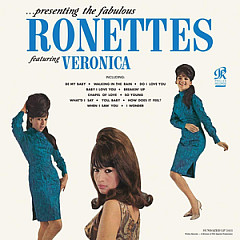
Ronnie Spector nailed the vocal for The Ronettes song "(Walking) In the Rain" on the first take -- unheard of in the perfectionist producer Phil Spector's world.
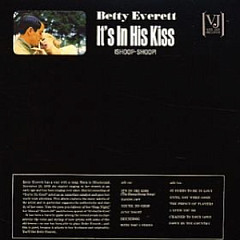
After Cher revived "The Shoop Shoop Song (It's In His Kiss)" in 1990, Salt-N-Pepa released "Shoop" and Whitney Houston had a #1 hit with "Exhale (Shoop Shoop)."
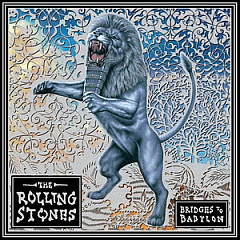
k.d. lang is a credited writer on the Rolling Stones song "Anybody Seen My Baby?" because it sounds so much like her hit "Constant Craving."
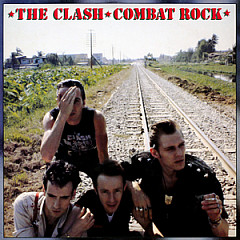
"Should I Stay or Should I Go?" by The Clash features some Spanish lines by the Texas singer Joe Ely.
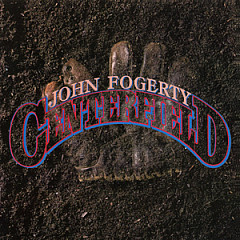
"Centerfield" was the first song enshrined in the Major League Baseball Hall of Fame.
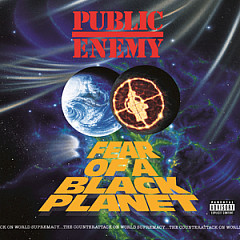
"Fight The Power" was written for the Spike Lee movie Do The Right Thing. It opens the film and serves as the motif.
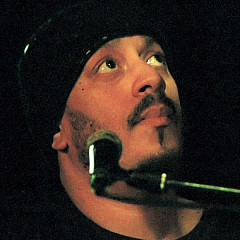
You may not recognize his name, but you will certainly recognize Peter Lord's songs. He wrote the bevy of hits from Paula Abdul's second album, Spellbound.
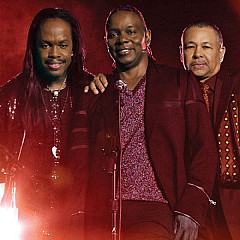
The longtime bassist of Earth, Wind & Fire discusses how his band came to do a holiday album, and offers insight into some of the greatest dance/soul tunes of all-time.
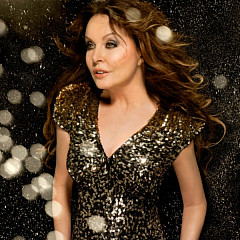
One of the most popular classical vocalists in the land is lining up a trip to space, which is the inspiration for many of her songs.
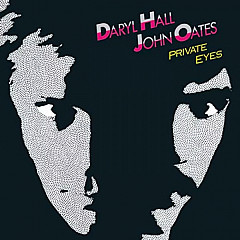
How a goofy detective movie, a disenchanted director and an unlikely songwriter led to one of the biggest hits in pop history.
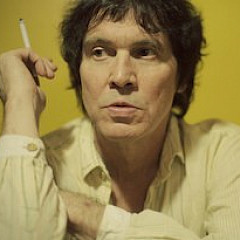
Since his debut single "I'm On Fire" in 1975, Dwight has been providing Spinal-Tap moments and misadventure.
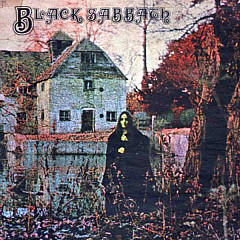
Just how much did these monsters of rock dabble in the occult?